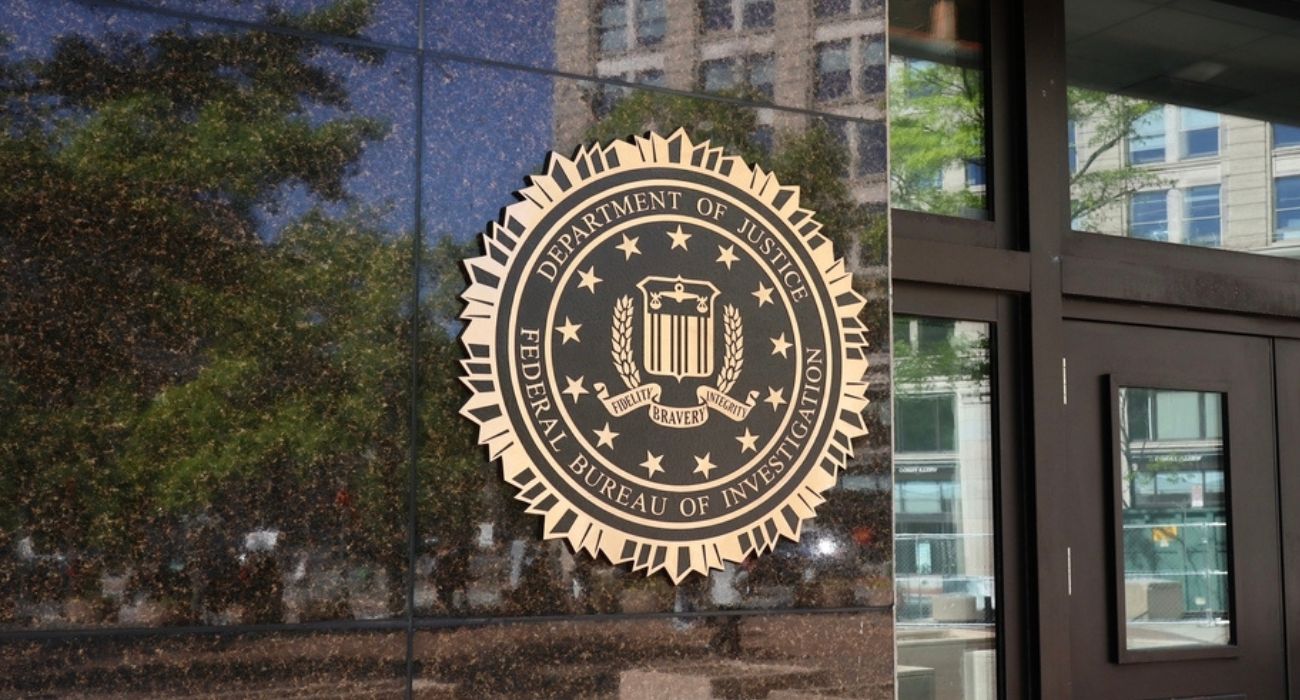A woman was sentenced to nearly five years in prison Tuesday for her role in the January 6, 2021, protest at the Capitol — continuing the aggressive prosecution from the Biden administration of those who participated that stands in contrast to how Black Lives Matter protesters were pursued.
Rachel Marie Powell, a 43-year-old Pennsylvanian, was sentenced to 57 months in prison, 36 months of supervised release, and an $8,000 fine for her role in the Capitol breach, the Department of Justice announced. Court documents state Powell was among the first to enter the Capitol. She used an ice axe and battering ram to break through a Capitol window and encouraged others to follow.
Powell was found guilty of an extensive list of crimes: civil disorder; obstruction of an official proceeding and aiding and abetting; entering and remaining in a restricted building or grounds with a deadly or dangerous weapon; disorderly and disruptive conduct in a restricted building or grounds with a deadly or dangerous weapon; engaging in physical violence in a restricted building or grounds with a deadly or dangerous weapon; destruction of government property; disorderly conduct in a Capitol building; act of physical violence in the Capitol grounds or buildings; and parading, demonstrating, or picketing in a Capitol building.
Powell’s case was the latest in a series of prosecutions against January 6, 2021, demonstrators. As of August, more than 1,100 people faced charges for their participation, according to Axios. Entering or remaining in a restricted federal building or grounds is the most common allegation by far, with nearly 1,000 defendants facing the charge. The remaining charges are largely “assaulting, resisting or impeding officers or employees” or “corruptly obstructing, influencing or impeding an official proceeding or attempting to do so.”
Enrique Tarrio, the former national chairman of the Proud Boys, was sentenced in September to 22 years in prison — the longest sentence handed down thus far in connection January 6. Tarrio was not at the Capitol that day because he was arrested days prior for burning a Black Lives Matter banner he allegedly stole.
A key tool used by the DOJ to investigate Capitol rioters is phone records provided by Google, as The Dallas Express reported. The records showed 5,723 devices active near the Capitol as it was stormed, per Wired. This helped the agency arrest participants from across the country. The agency also shared photos of people who entered the Capitol and asked the public to help identify them.
These aggressive investigative and prosecutorial approaches do not appear to have been used to the same extent at the local or federal level in response to the series of protests after the death of George Floyd.
The Black Lives Matter riots led to an estimated $1 to $2 billion in insurance claims from looting and vandalism, according to Axios. The first two weeks of demonstrations led to 17,000 arrests in the 50 largest cities, but only a small portion were charged with violent crimes, according to a review of public information from The Washington Post.
Available arrest data from the riots in the 15 largest cities found that 2,059 of the 2,652 arrests were for nonviolent misdemeanors, mostly for curfew violations or emergency orders. More than 80% of the arrests occurred within the suspects’ metropolitan area.







Trackbacks/Pingbacks